May 25, 2025 | 09:15 GMT +7
May 25, 2025 | 09:15 GMT +7
Hotline: 0913.378.918
May 25, 2025 | 09:15 GMT +7
Hotline: 0913.378.918
Bird's nest, a precious gift from nature, has long been regarded as a symbol of purity and prosperity in East Asian culinary culture. Vietnam is currently one of the largest producers of bird's nest in Southeast Asia, with over 22,000 swiftlet houses spanning from the central to the southern regions of the country.
Vietnam and China share a long-standing relationship, offering a significant advantage in agricultural exports to China. Specifically for bird's nest, after many years of negotiation, a pivotal moment came on November 9, 2022, when Vietnam's Ministry of Agriculture and Environment (MAE) and the General Administration of Customs of China (GACC) signed a protocol on quarantine requirements for bird's nest products. The signing marked an important milestone, opening up opportunities for official export to the world's largest consumer market, with an estimated annual demand of over 600 tons of bird's nest.
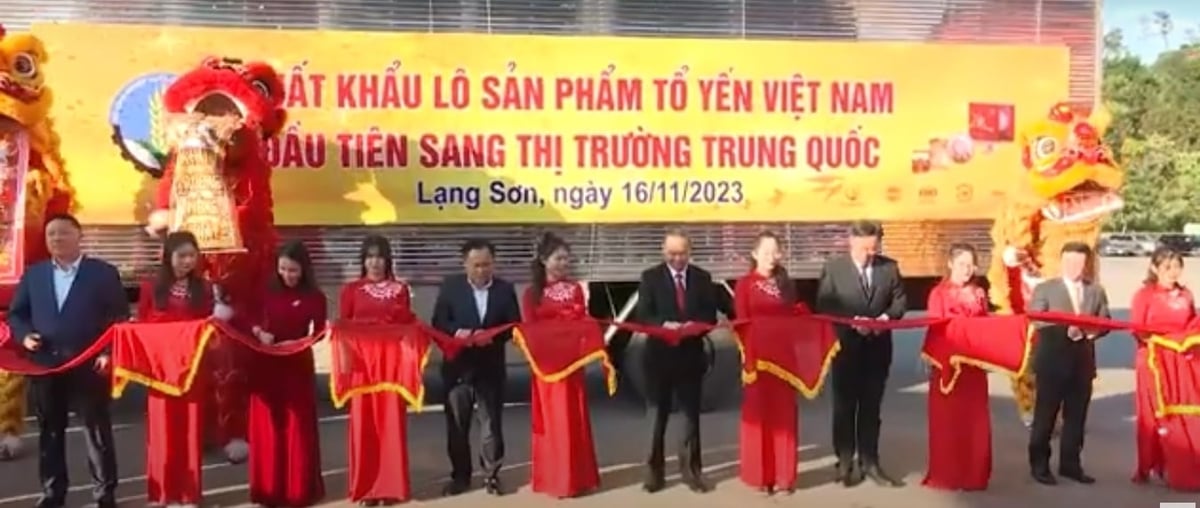
The ceremony for officially exporting the first shipment of bird's nests to China was held on November 16, 2023. Photo: VAN News.
Following an intense period of preparation, five Vietnamese enterprises were approved by Chinese authorities. After remote assessments, factory inspections, and certification harmonization, Vietnam officially exported its first shipment of bird's nest to China on November 16, 2023. This milestone marked the beginning of a new chapter of Vietnam's bird's nest industry toward transparency, professionalism, and sustainability.
In particular, during the state visit of General Secretary and President of China Xi Jinping to Vietnam in April 2025, the two countries signed an additional protocol that included raw bird's nest in the list of products eligible for official export. This presents both opportunities and challenges for Vietnamese export enterprises.
Accordingly, under the newly signed protocol, the range of exportable Vietnamese bird's nest products to the Chinese market has been expanded. “This is of great significance, not only diversifying products but also creating more opportunities for swiftlet farmers and bird's nest businesses to access new customers,” said Ms. Tran Thi Thu Phuong, Head of International Cooperation and Communications at the Department of Livestock Production and Animal Health.
Sharing with Vietnam Agriculture and Nature Newspaper, Mr. Ngo Xuan Nam, Deputy Director of the Vietnam SPS Office, said that the signing of the 2025 Protocol reflects the tireless efforts of specialized agencies under the Ministry of Agriculture and Environment, particularly the Department of Livestock Production and Animal Health, and the drastic leadership of the Ministry in diversifying products and expanding markets, especially the Chinese market.
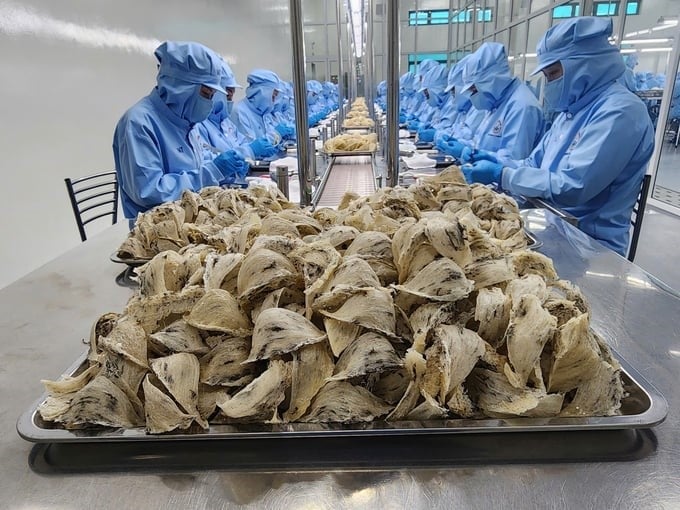
The protocol newly signed in April 2025 added raw bird's nests to the list of exportable products to China.
However, the new protocol also comes with stricter technical requirements. According to Mr. Ngo Xuan Nam, the 2025 Protocol introduces several key updates compared to the 2022 version. First, the temperature for processing bird's nests must comply with the regulations jointly agreed upon by the MAE and the GACC.
Second, both sides agreed to enhance control over heavy metal content, specifically the aluminum element in raw bird's nest products. This is one of the compliance requirements that producers must strictly observe. The third issue that requires attention is ensuring that infrastructure and factories are adequately equipped to meet production requirements.
Thus, following the signing of the protocol, the road ahead remains fraught with challenges, from stricter requirements on traceability and veterinary hygiene conditions to the procedures for registering enterprises and swiftlet house codes with the GACC.
The representative of the Vietnam SPS Office said that despite the 2022 Protocol being in effect for nearly three years, the number of Vietnamese enterprises approved by the Chinese customs authority is still modest. In addition, compared to the total number of enterprises registering products of animal origin as well as those registering under the GACC's Decree 248, the number of approved bird's nest products remains limited.
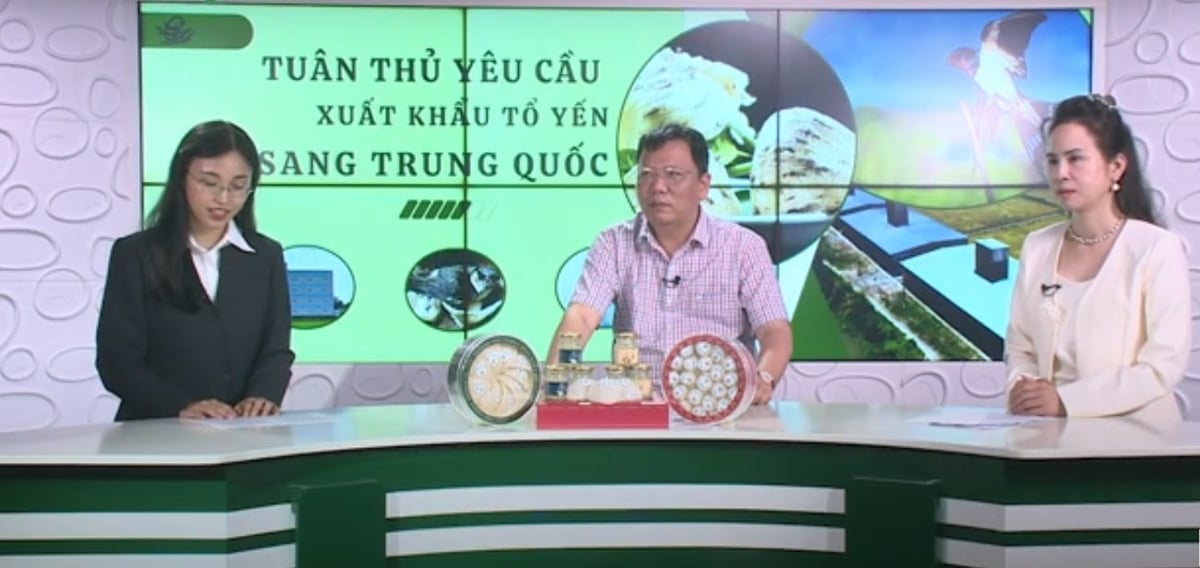
Mr. Ngo Xuan Nam (middle), Deputy Director of the Vietnam SPS Office. Photo: VAN.
“Compared to over 3,000 product codes approved for export to China, just over 10 pertain to bird's nest. This figure highlights that, despite considerable efforts by authorities to guide enterprises, facilities, and swiftlet houses, the bird’s nest industry still lags behind other sectors in complying with regulations and accessing the market,” emphasized Mr. Nam.
Faced with this reality, the Vietnam SPS Office is accompanying the Department of Livestock Production and Animal Health in providing technical guidance to farmers, enterprises, and cooperatives on the production and packaging of products to ensure compliance with China's food safety regulations and the protocol's requirements.
Additionally, the Office is also coordinating closely with technical support units, the GACC, and the Chinese delegation in Geneva (Switzerland) to accelerate the approval of new product codes for Vietnamese bird's nest.
Regarding the registration of bird's nest products for export to China, before the merger of the Ministry of Agriculture and Rural Development with the Ministry of Natural Resources and Environment, enterprises had to register products from swiftlet houses with the Department of Livestock Production, while pre-processed and processed bird's nest products had to be registered with the Department of Animal Health, in accordance with the GACC's Decree 248 and Food Safety Decree No. 249 for imported products.
However, after the merger of the two Ministries and, notably, the consolidation of the Department of Livestock Production and the Department of Animal Health into the Department of Livestock Production and Animal Health, this registration process, from swiftlet houses to processing facilities, is expected to become much more convenient thanks to the consistent and decisive leadership under one unified agency.
Translated by Thu Huyen
/2025/05/19/2617-14-211139_18.jpg)
(VAN) Vietnamese bird's nest enterprises are eager to access the promising Chinese market; however, only those with thorough preparation, truthfulness, strict regulatory compliance, and consistent product quality will be positioned for success.
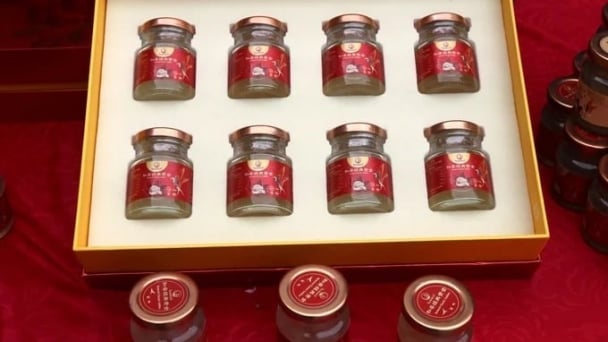
(VAN) For Vietnamese bird's nest products to penetrate deeply and sustainably into the Chinese market, it requires not only product quality but also strict compliance with the regulations on quarantine, traceability, and food safety.
/2025/05/22/5250-1-184853_288.jpg)
(VAN) According to a representative from the Central Retail Vietnam, Vietnamese products such as seafood, sweet potatoes, dragon fruit, coffee, and spices hold great potential in the Thai market.
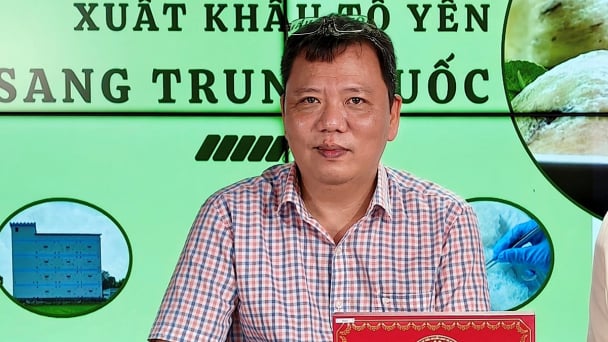
(VAN) A multi-channel, multi-directional strategy only works when the agricultural value chain meets global transparency and SPS standards.
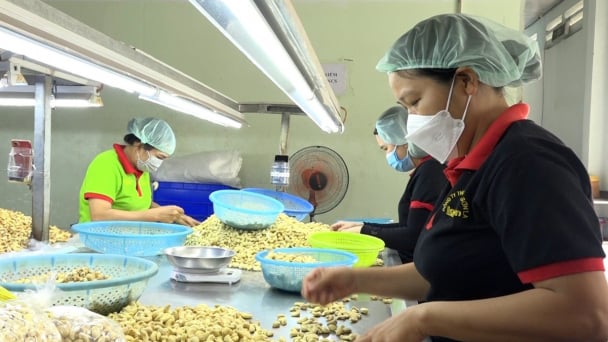
(VAN) Market expansion is a matter of survival for Vietnamese businesses amid fierce competition and global supply chain fluctuations.
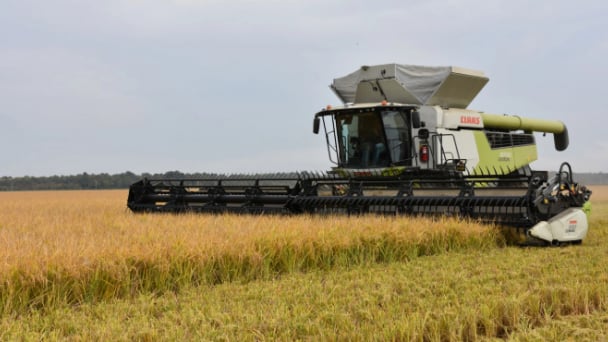
(VAN) Global market prospects for U.S. long-grain rice for the upcoming marketing year.